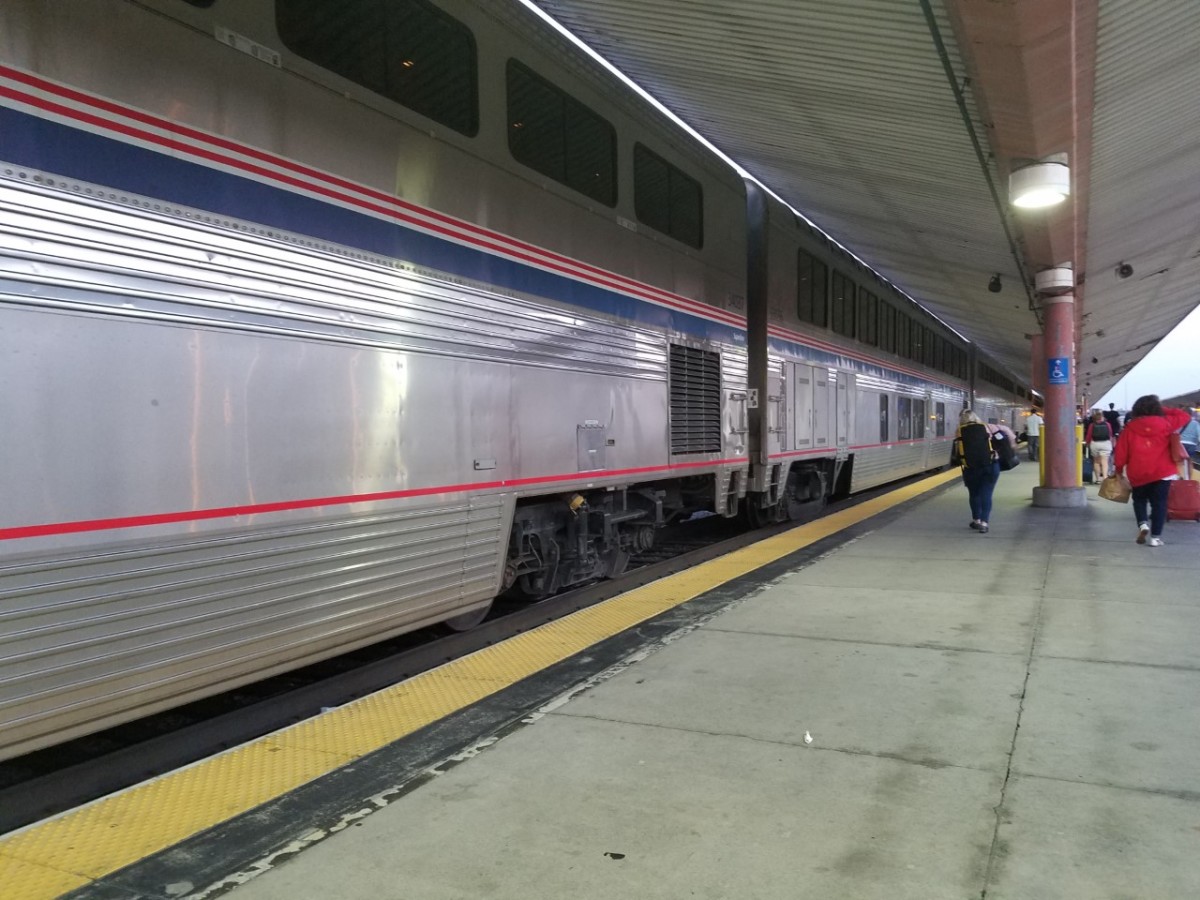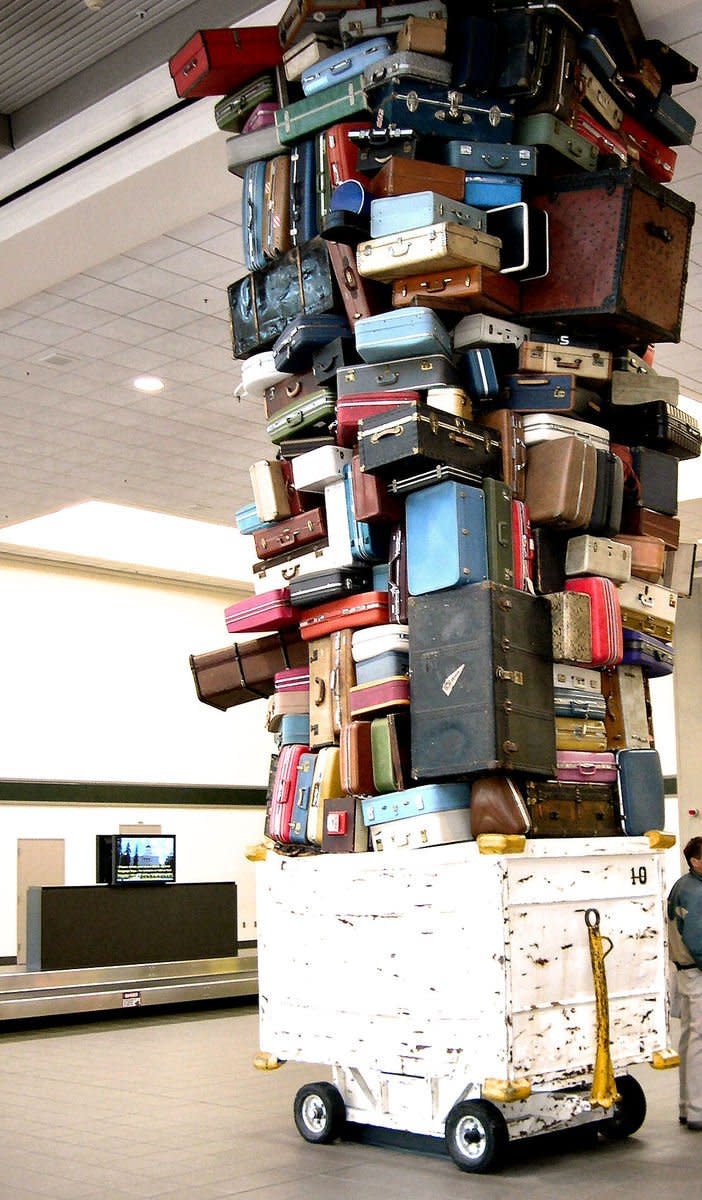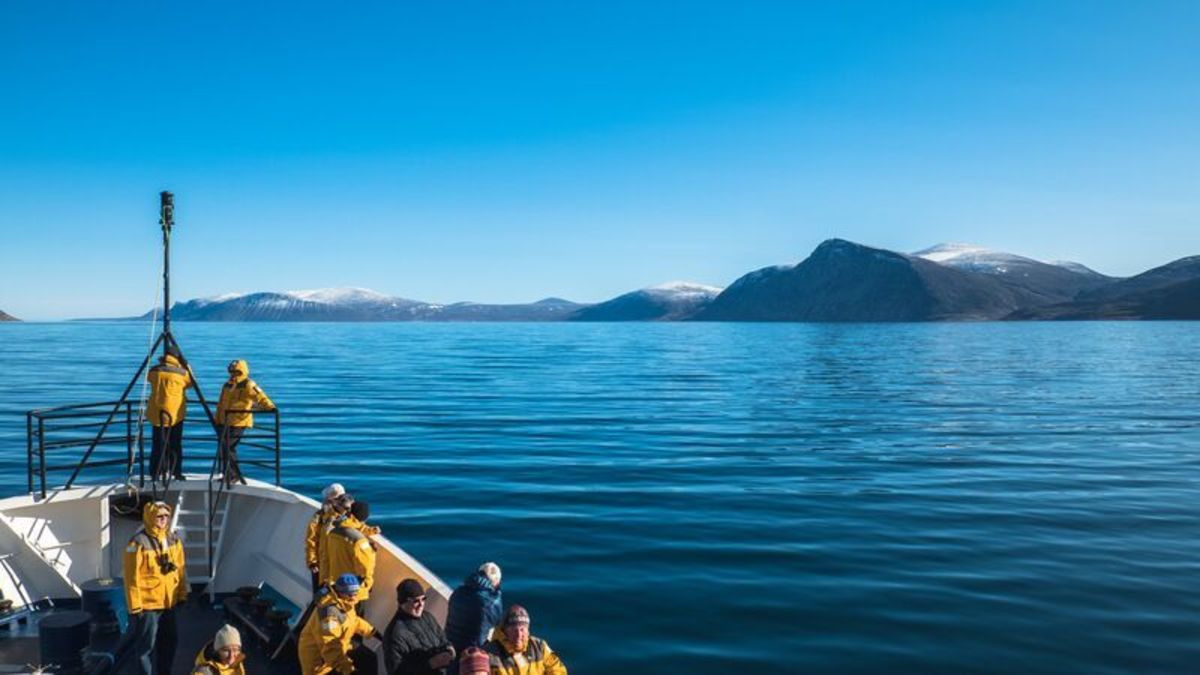Budget Traveling: 9 Tips for Saving Money
Table of Contents
9 Budget Travel Tips
| ||
|---|---|---|
1) Travel Destination
| 4) Buying Your Plane Ticket
| 7) Public Transportation
|
2) Travel Duration
| 5) Housing/Hotels
| 8) Shopping
|
3)Initial Budget
| 6) Food
| 9) Tours/Activities
|
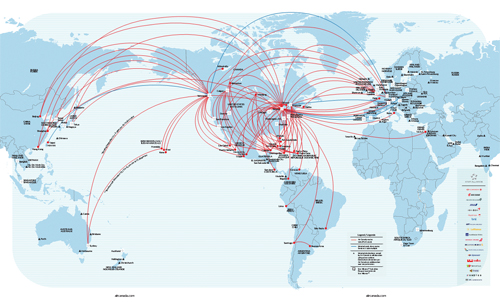
1) Travel Destination
The first thing you will have to do is decide on a place to go. Pick one place you have always wanted to visit, and plan around that. Note that, depending on where you choose to go, you may have to adjust your budget to fit the expected expenses of your destination.
If you are willing to be flexible with your destination, then consider changing it, or just slightly altering it, if it is more expensive. If you have a vision to visit England, maybe don’t aim for London, but for a more affordable city , such as Bath or Liverpool. You will still be experiencing English culture, perhaps even more so, in a rustic country town, or a smaller city.
2) Travel Duration
You have to decide how long you plan on staying in your desired destination. The longer you remain, the more money you will spend. Every night you will have to pay for your housing, food, transportation, etc.
Be modest with how long you choose stay. Depending on your bank account and how much you are willing to spend, your trip could stretch from three days to three weeks. Make a choice with a budget in mind.
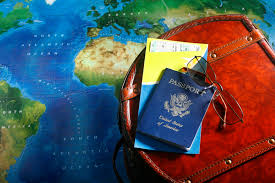
3) Initial Budget
Before you do much more planning, you should develop an “initial budget,” and decide how much you are willing to spend. At the beginning, it is okay to have a vague budget, but as you plan, it would be wise to specify it to the amount you want to spend in a span of one week to just one day.
Give yourself an estimated total amount for the entire trip, then break it down into days.
Example:
-
Day 1 - $75 (not including housing)
-
Food - $30 (to cover all meals for one day)
-
Transportation - $15 (to cover all transportation for one day)
-
Shopping - $25
-
Extra - $5
-
*Note: these numbers are completely at random and only for the relevance of the example.
When you actually put your plan into action and go, it is crucial that you stick to your budget strictly. Do NOT make exceptions. Overspending is the pitfall for many travelers, and it is so easy to do. You will have to say "no" to most activities that require payment and to items in the shops that you don’t need, including souvenirs.
If you manage to save some money from the day before, you can go ahead and spend that, or you can choose to put it away to minimize your travel expenses. Every bit counts! The amount you spend everyday will add up to your total amount, plus the cost of your flight back and forth. Budget like you are going to spend more. You don not want to run out of money, so make all your calculations, and then add to that. Take 15% of your total budget, and then add that number to you total.
For example, say your budget is $3,000. You would take 15% of that, which is $450, and add it, so your new total would come out to be $3,450.
**This money is simply a precaution, do not spend this unless you absolutely have to!
4) Buying Your Plane Ticket
Buying your plane ticket can easily cost half your trip or more, depending on where you want to go. Do your research and find out when traveling to your destination is at a low. Flights tend to be cheaper at those times. If the peak of travel to your destination is in the summer, consider going in the fall, after the “rush hour.”
Plan ahead! Try to buy your plane ticket as soon as you can, so you will have access to better deals.
Tuesdays tend to be great days to buy airfare. This may seem strange information, but it is true and extremely helpful to know. Many airlines that want to start a sale usually launch it later in the day on a Monday, and when other airlines see this, the competition begins. Typically by mid-afternoon on Tuesday, the other airlines are set with their own sales. Keep in mind that these sales don’t usually last more than a couple days, and they may be sold out before then, so make your move ASAP. And, because people prefer to relax on Saturdays, there are less people flying on that day, so airlines will lower their prices to fill seats. Take advantage of this!
There are also specific times of day that are cheaper to fly at. Flights as dawn and dinnertime tend to run cheaper, as well as overnight flights.

5) Housing/Hotels
Finding an excellent hotel at an incredible price is unlikely, though not entirely impossible. Hotels’ prices can change daily, or even hourly, depending on demand. Keep a careful eye out for deals on hotels where you want to go, and if you can afford it without straining your bank account, go for it. Otherwise, consider looking into other housing options. Hostels tend to be much cheaper than hotels. Traveling with a budget does not give you much room to be picky. If you don’t like sharing a room with people, you may have to deal with it for a while to save money. But remember you will only be there to sleep. You will spend your days walking the streets of your dream city, eating amazing --possibly scary-- food, and meeting great, new people.
Different countries have different options for housing, too, so do your research. For example, Japan has capsule hotels, which are much more affordable than an actual hotel.
If you decide to stay in the cheapest housing facility you can find, so as to save money, you will have some money left in your pocket to spend or save as you see fit.
If your hotel offers services that require payment, do not use them. These are overpriced and will drain your pocket before your trip is over. Instead of ordering room service, get some street food, or go to a local restaurant with much more affordable prices. (Though, chances are, a cheap hotel will not have room service at all).
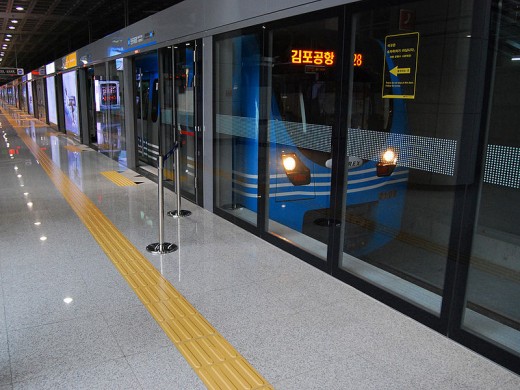
6) Public Transportation
Transportation can be incredibly expensive, especially taxis. If you can’t walk everywhere you want to go, take a bus or the subway. If you plan on using public transportation often, considering buying a pass for however long you plan on staying in that city. Do the math: if the price of a pass is higher than the amount you would pay for the sum of all your individual rides, you obviously would not buy the pass. But chances are, you want to see as much as you can and will be riding some form of transportation often, so a subway or bus pass may be desirable and save you a great deal in the long run.
If you can, however, walk. Walking spends calories, not money, so you’ll look great and have some extra money in your wallet. What could be better?

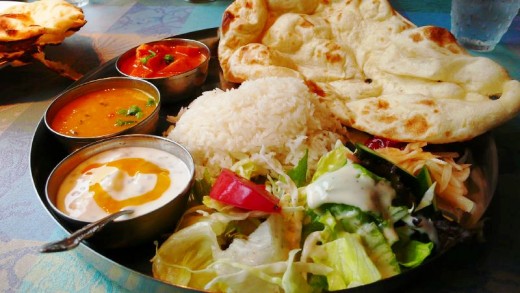
7) Food
Food is a dangerous thing for budget travelers. There are so many interesting things to try, and not all of them cheap. Self-control is the main component to saving money on food, but there are other ways, as well. Before you leave, make a list of a few food you absolutely have to try, regardless of price. If one dish is extremely expensive, then you will have to plan to eat cheaply so as to save for it. But cheap food can still be incredible. Almost any city you go to will have street vendors that sell quick, cheap, delicious food, and you will get a real taste of the culture.
Ask the locals! They know of the cheapest dives with the best food. Try some new foods you have never heard of before. The local cuisine is almost always cheaper than foreign. Lunch specials (most common in Europe) save you a great deal for a big meal. Common in Asia are street food tents, where you sit down and eat the food made right there.
Try to stay away from soda, as it is often pricey, especially in foreign countries. Carry around a refillable water bottle with you, instead. Buying a water bottle whenever you are thirsty is not financially, or environmentally, efficient.
Avoid snacking, too. Buying a snack every time you are a little peckish is a sure way to run out of money, and you will have nothing left for your actual meals.
If possible, try to cook for yourself now and again. This will definitely save you money. You can make yourself a picnic and eat in a park if the weather is right. A lot of fun for minimal cost!

8) Shopping
Many people travel solely for the purpose of shopping. Obviously this is not ideal for budget travelers, but that doesn’t mean you cannot buy anything. Work with your budget. When you are setting your initial budget, work shopping into it. Make space and save money for it. If there is something you feel you must have, decrease the spending in another area.
For example: if there is a decorative vase you absolutely have to have, but it’s over budget, decide to only walk for a day, or only cook your own meals that day, or both, so you can spend on the vase.
Keep in mind that, the more you buy, the more you will have to pack, which may increase the price of your flight as you’ll have more luggage.
9) Tours/Activities
Visiting a new place, you won’t know much about it and you’ll want to try everything, but remember that you’ll have a budget. Tours often cost money, so I suggest getting a map and spending the day walking around without a guide and trying not to get lost. You will also get a better feel for the people and the culture this way, as you will be in a more interactive position as opposed to an observational one. Witness the parades and celebrations of that culture and take part in the festivities. You don't need to spend money to experience the life in that country.
Yes, there are so many things to do, but no, you cannot do them all, especially if they cost money. But there are plenty of free activities to do: going to the park, beach, free museums, etc. If you plan right, there are some things that you will be able to do that require payment. You can rent a bike and ride around the city, and then you will not have to pay for the bus or subway.
This section of budget traveling is not as rigid, as there are a lot of great things to do for free. The most important thing about traveling is to have fun and experience the culture and the language and the food and everything you can. Never forget that your money is limited and you have to treat it sparingly, but don’t let it stress you out. After all, you are seeing the world, and, in the end, that’s all that matters.

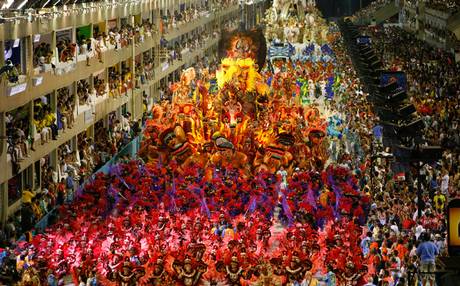
© 2016 Mae Hanson



